December 22, 2024 | 17:01 GMT +7
December 22, 2024 | 17:01 GMT +7
Hotline: 0913.378.918
December 22, 2024 | 17:01 GMT +7
Hotline: 0913.378.918
According to the World Organization for Animal Health (OIE), mad cow disease (Bovine Spongiform Encephalopathy - BSE) can be categorized into two types:
Classical BSE is caused by ingestion of feed containing prion from infected cows. This BSE was first detected in 1986 in the United Kingdom, then appeared in 25 countries and territories (such as Ireland, Switzerland, France, Liechtenstein, Luxembourg, Netherlands,…). However, over the year, the control of this disease has been carried out so effectively that the occurrence of classic BSE is now very low.
Atypical BSE occurs more spontaneously and sporadically. Since it occurs randomly in any cow population at a very low rate, the OIE has excluded atypical BSE from its BSE risk classification, only classifies BSE disease risk for the classical BSE.
OIE does not include atypical BSE in international trade conditions for live bovine and bovine products. For classic BSE, OIE has specific regulations in international trade to manage health risks for livestock and humans.
For export bovine products, the OIE prescribes a list of bovine products in international trade that are still safety-guaranteed, regardless of whether there are cases of classical mad cow disease in the exporting country.
The list includes: milk and milk products, semen, embryos, skins, feathers, gelatin and collagen made from fur and skin, blood and blood products, boneless beef from pre-tested and post-slaughter cows, without being stunned with an invasive device such as a piston.
For export live bovine, OIE specifies regulations for each group of exporting countries, including countries with negligible risk of classic BSE; countries with classical BSE under control, and countries with undetermined classical BSE.
In previous years, Brazil has also recorded a few cases of atypical BSE. Each case is investigated by Brazil, sampled for testing, and sent to the OIE's Reference Laboratory in the United Kingdom, Canada, … for further testing and conclusion. Based on the records, OIE had assessed the BSE status in Brazil and continued to acknowledge Brazil as a country with negligible risk of BSE. The assessment result is still maintained in May 2021.
However, recently, several mass media have reported that two cases of atypical mad cow disease have appeared at 2 Brazilian cattle slaughter plants.
Accordingly, two new atypical BSE cases in Brazil were in 17-year-old cows, detected during the inspection in the states of Minas Gerais and Mato Grosso, yet there is no information on these cases on the OIE's World Animal Health Information System (WAHIS).
Pursuant to OIE's regulation on mad cow disease in international trade for live bovine and bovine products, Brazil still maintains its exportation of live cattle for breeding and live cattle for slaughter for food and frozen beef to countries around the world.
Brazil is the world's largest exporter of frozen beef (accounting for about 23% of the world's beef). Brazilian beef has been exported to more than 100 countries and territories such as the USA, Canada, Australia, European countries, Eurasian Economic Union, Japan, Korea, China, Hong Kong, Thailand, Singapore, Philippines... In which China is Brazil's largest beef import market.
As for the Chinese market, Brazil has proactively suspended frozen beef exports to this country for the following reasons: Competent authorities of Brazil and China have signed the protocol on frozen beef export from Brazil to China, under which Brazil will suspend beef exports to China when an atypical BSE case is detected in the exporting country.
The quarantine for importing live cows from Brazil into Vietnam for slaughter for food is strictly implemented in accordance with OIE regulations, the Vietnam Law on Animal Health, and the direction of the Ministry of Agriculture and Rural Development.
Translated by Samuel Pham

(VAN) Lam Son Sugarcane JSC partners with other enterprises to launch a carbon-emission reduction project.
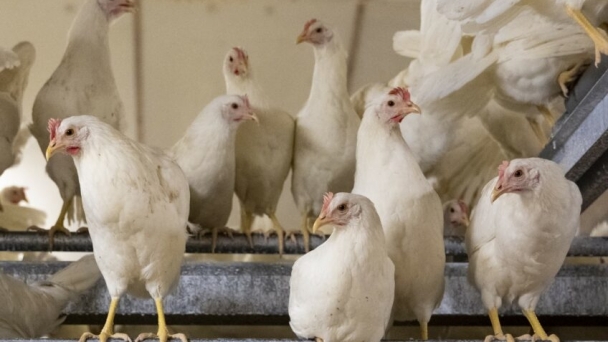
(VAN) Award-winning farmers were given the opportunity to showcase innovation, flock welfare, traceability and sustainability during the first farm tour for UK cross-party MPs.
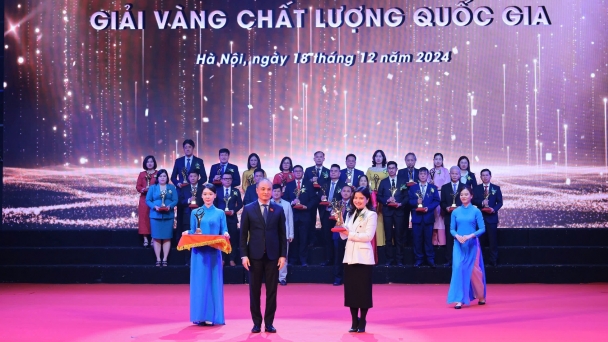
(VAN) On the evening of December 18th in Hanoi, the Ministry of Science and Technology held a ceremony to present the National Quality Awards for the years 2021, 2022 and 2023 to 133 businesses.
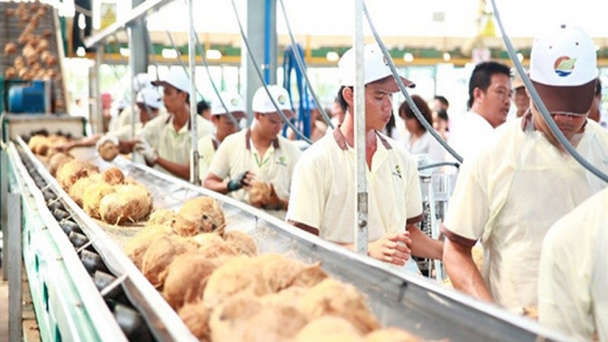
(VAN) On December 18, MARD and the People's Committee of Tien Giang Province hosted a forum in My Tho City to discuss the promotion of FDI and the increase in the export of coconut products.
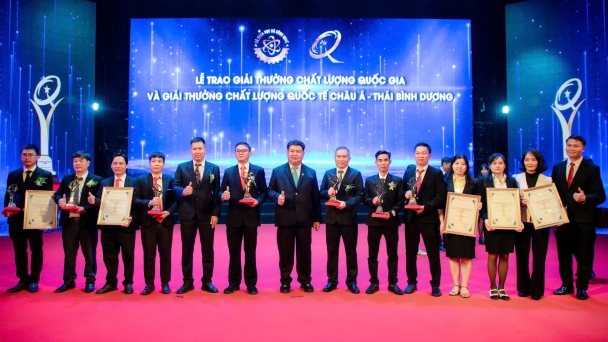
(VAN) The C.P. Vietnam Animal Feed Industry won multiple awards at the 'National Quality Awards Ceremony, Asia-Pacific Quality Awards 2021-2023'.
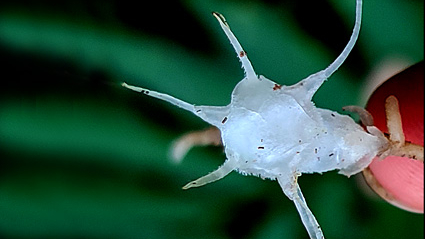
(VAN) A new non-photosynthetic plant founded in Xuan Lien Nature Reserve, adding further evidence that it is one of the most biologically diverse and ecologically significant protected areas in Vietnam.
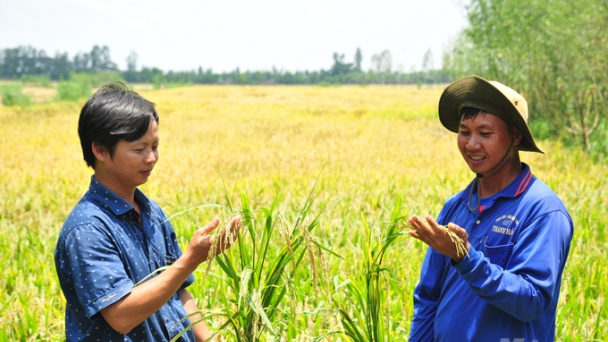
(VAN) Ecological rice farming not only reduces the impact of agricultural chemicals but also leverages the benefits of the flood season to restore the field ecosystem.